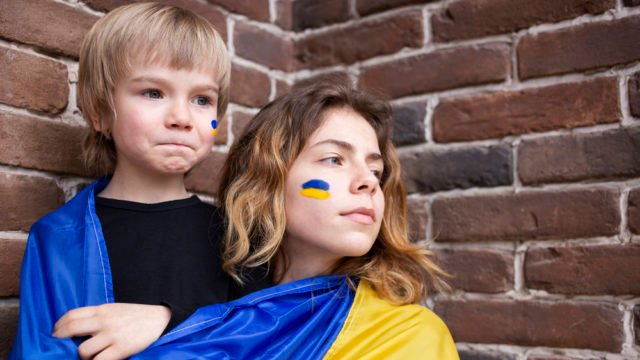Over the past decade, there has been a stable dynamics of growth the number of those who consider Ukrainian as their native language: from 57% in 2012 to 76% in 2022. The Russian language has lost more than half of its adherents living in Ukraine in 10 years.
This is evidenced by the results of the Sixth national question Language issues of Ukraine, held on March 19, 2022 by the sociological group Reytin
It is noted that in the dynamics of changing language priorities Attention should be paid to the following trends:
noticeable changes in linguistic self-identification took place between 2012-2016. One of the key reasons was the reaction of society to:
- experiments of the then authorities in language policy;
- events of the Revolution of Dignity;
- Russian aggression against Ukraine in 2014 and temporary occupation of Crimea and certain territories of Donetsk and Luhansk regions.
linguistic self-identification and language in everyday life are two different planes. There is a steady decrease in the Russian-speaking segment of Ukrainians:
- in 2012, there were about 40% of such respondents;
- at the end of 2021 – 26%;
- in the beginning of the war – 18%;
- the flow of Russian speakers into the bilingual segment — from 15% to 32%);
- the number of those who constantly use only Ukrainian at home increased slightly from 44% to 48%.
unprecedented unity of society on against the backdrop of the war have also dramatically affected the attitude towards the status of the language: today the absolute majority (83%) is in favor of Ukrainian being the only state language in Ukraine;
data show that the language is rather a regional feature, but not a way of thinking. At the same time:
- 67% of Ukrainians believe that there are no problems between Ukrainian-speaking and Russian-speaking citizens in Ukraine;
- 19% believe that there is a language problem, but it does not is so important;
- 12% believe that this issue is a threat to internal security.
Summing up the survey, the experts made the following conclusions :
- The level of linguistic self-identification of Ukrainians is stableis growing. The war, as a challenge for the whole society, will only speed up this process.
- The transition to Ukrainian in everyday life occurs evolutionary. The destruction of the myth about the “brotherly people”, isolation of Russia from the world cultural and informational context will only contribute to its acceleration in Ukrainian society.
- The language problem and attempts to start discussions around this topic have no support < strong>most of the population. This problem is purely political and partly local in nature.
Audience: the population of Ukraine aged 18 and older in all regions, except for the temporarily occupied territories of Crimea and Donbass. The sample is representative in terms of age, gender, and type of settlement. Sample population: 1000 respondents. Survey method: CATI (Computer Assisted Telephone Interviews — telephone interviews using a computer). The error of the representativeness of the study with a confidence probability of 0.95: no more than 3.1%.

